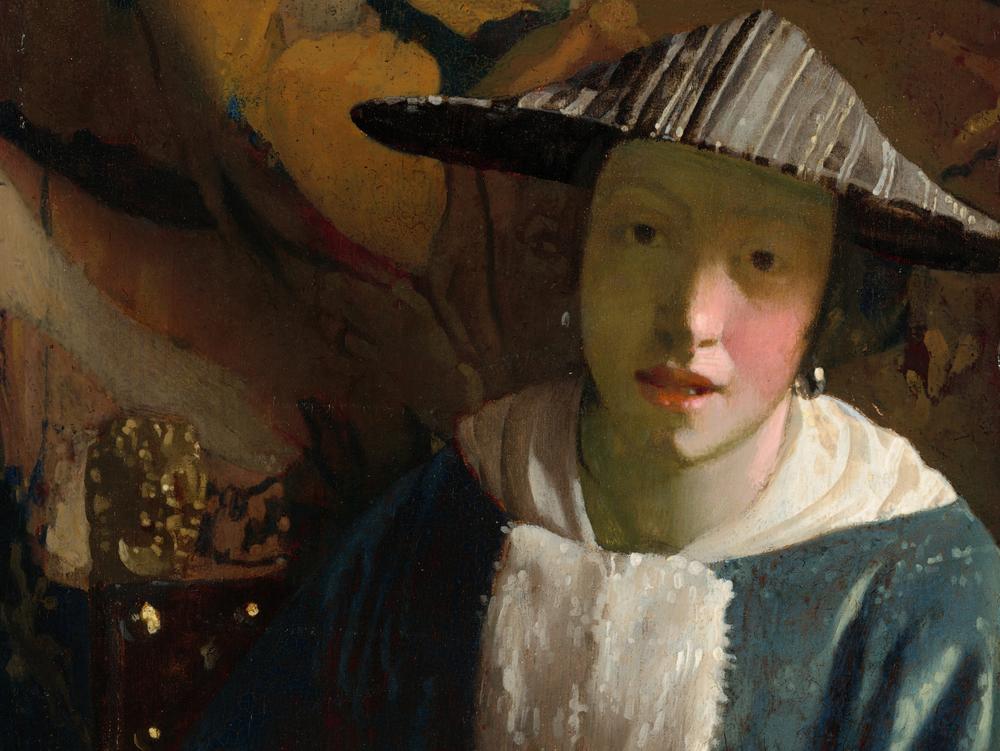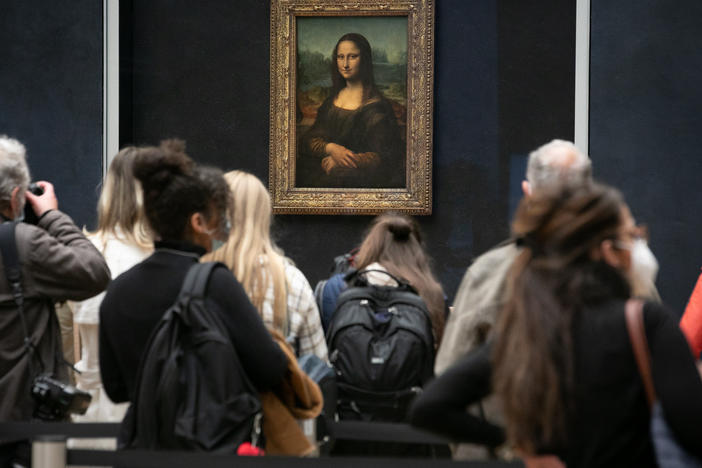Section Branding
Header Content
Art researchers discover one of Dutch artist Vermeer's paintings is not actually his
Primary Content
Praised for being a lone genius, Dutch artist Johannes Vermeer is now believed to have had an associate — possibly an assistant or a student — who painted one of his most iconic works.
The discovery was made by a team of curators, conservators and scientists from the National Gallery of Art in Washington, D.C. The painting in question, Girl with a Flute, along with his authenticated works for comparison, is on view at the museum in a new exhibition called Vermeer's Secrets.
"It fundamentally changes our understanding of Vermeer," Kaywin Feldman, the director of the National Gallery of Art, said in a press release.
Vermeer is known for capturing the subtle beauty of Dutch domestic life in the mid-17th century. He's most widely known for Girl with a Pearl Earring, which has been called the "Dutch Mona Lisa."
For a long time, scholars believed Vermeer worked alone. There were no records of students registered by the guild in Vermeer's hometown and no mention of assistants by visitors in his studio.
But over the last two years, researchers took advantage of the museum's COVID-related closures to take a closer look at Vermeer's artwork.
That's when the team concluded that Girl with a Flute could not have been made by Vermeer because the painting lacked the artist's signature precision and paint application.
The discovery is in part shocking because only about 35 known paintings have been attributed to Vermeer.
Copyright 2022 NPR. To see more, visit https://www.npr.org.
Bottom Content




